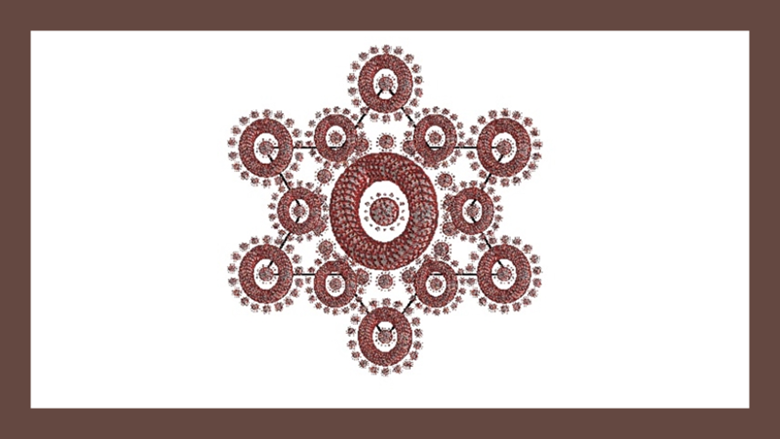Ideology in the Translation of Political Speeches during the Arab-Israeli Conflict: A Critical Discourse Analysis
DOI:
https://doi.org/10.21992/tc29460Abstract
Ideology plays a central role in people’s lives and thus in shaping politicians’ decisions and translators’ choices. This role becomes clearer and more active in the context of the Middle East political domain, due to the constant ideological conflict in the region. This paper aims to analyse the translations of political speeches delivered by the Hamas and Hezbollah leaders during two Arab-Israeli conflicts: Lebanon War 2006 and Gaza War 2008/9. These translations often took the form of news reports that included translated excerpts from the speeches. The study suggests that there was a degree of distortion in the translation and editing processes by key English-speaking media outlets. Certain ideological strategies and devices were used by news outlets to manipulate the translation of the messages embedded in the speeches. The study investigates the role of the translator as well as the patron in deciding the outcome of the translation process.
Downloads
Downloads
Published
Issue
Section
License
Authors who publish with this journal agree to the following terms: a.Authors retain copyright and grant the journal right of first publication with the work simultaneously licensed under a Creative Commons Attribution License that allows others to share the work with an acknowledgement of the work's authorship and initial publication in this journal. b.Authors are able to enter into separate, additional contractual arrangements for the non-exclusive distribution of the journal's published version of the work (e.g., post it to an institutional repository or publish it in a book), with an acknowledgement of its initial publication in this journal. c.Authors are permitted and encouraged to post their work online (e.g., in institutional repositories or on their website) prior to and during the submission process, as it can lead to productive exchanges, as well as earlier and greater citation of published work (See The Effect of Open Access).



